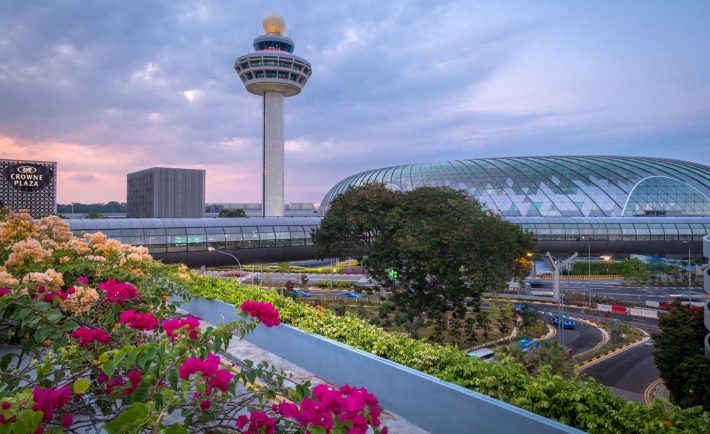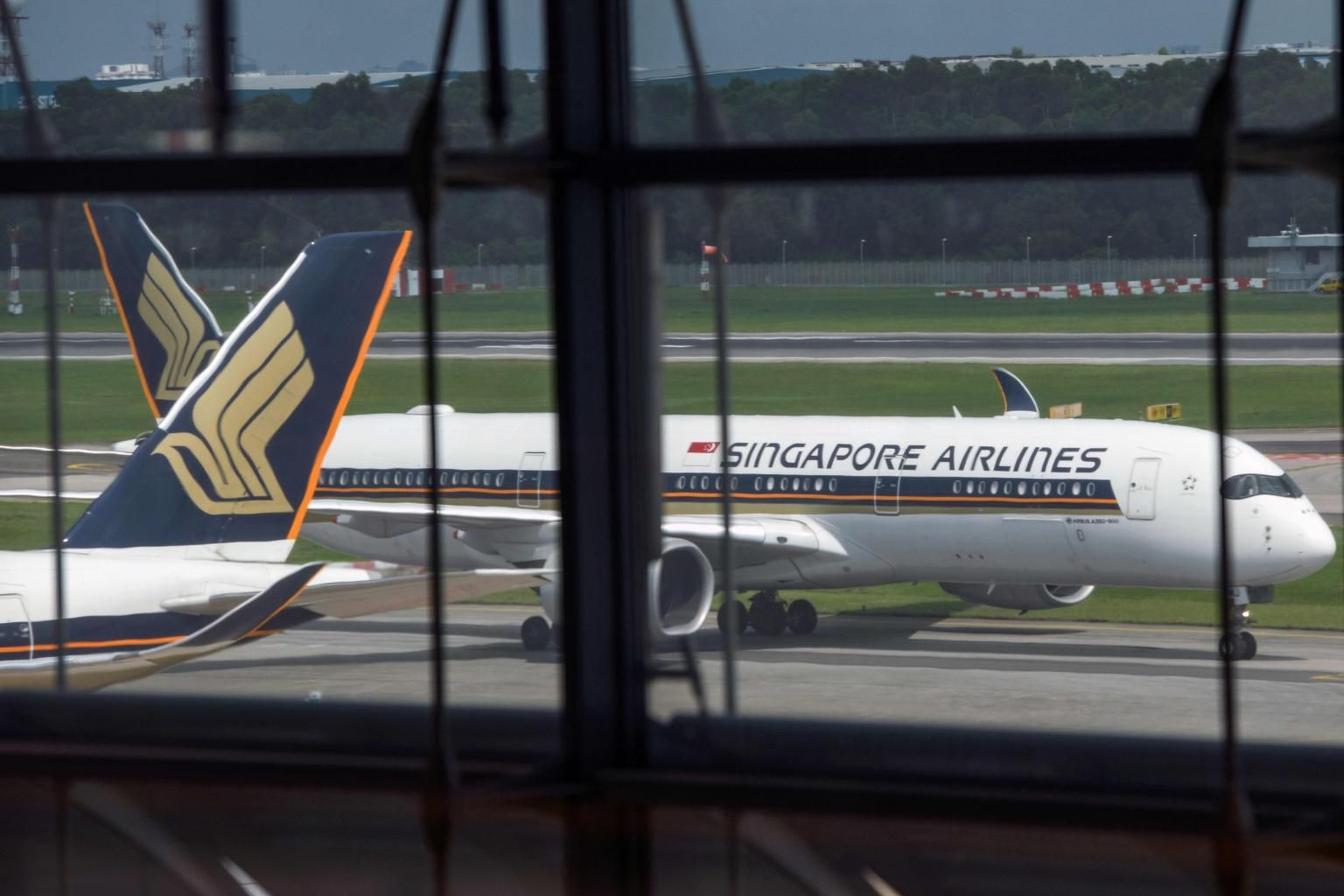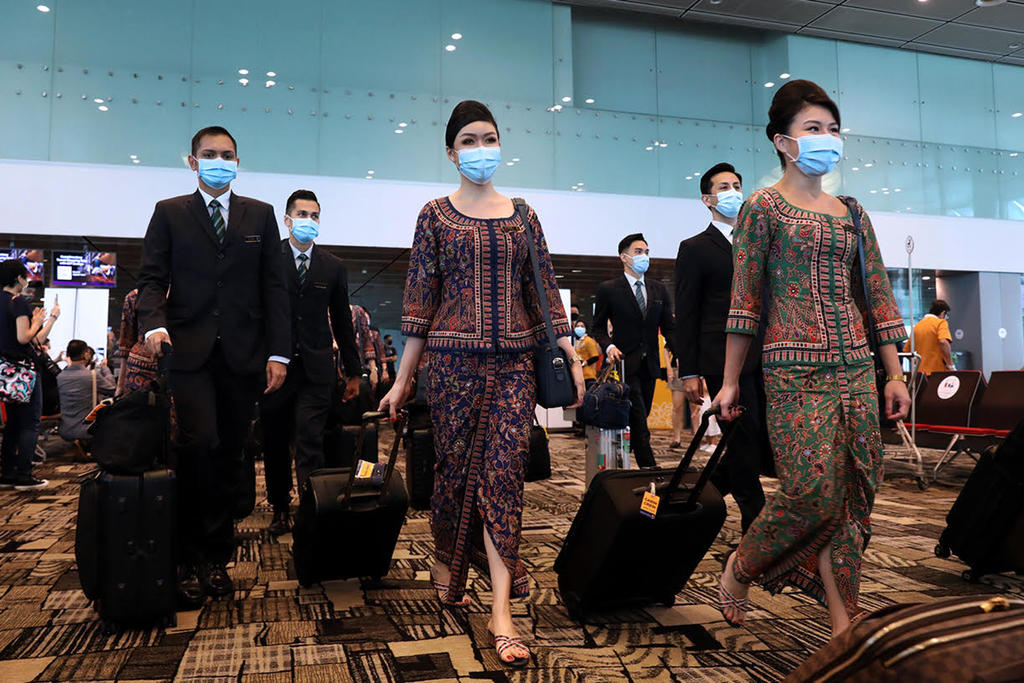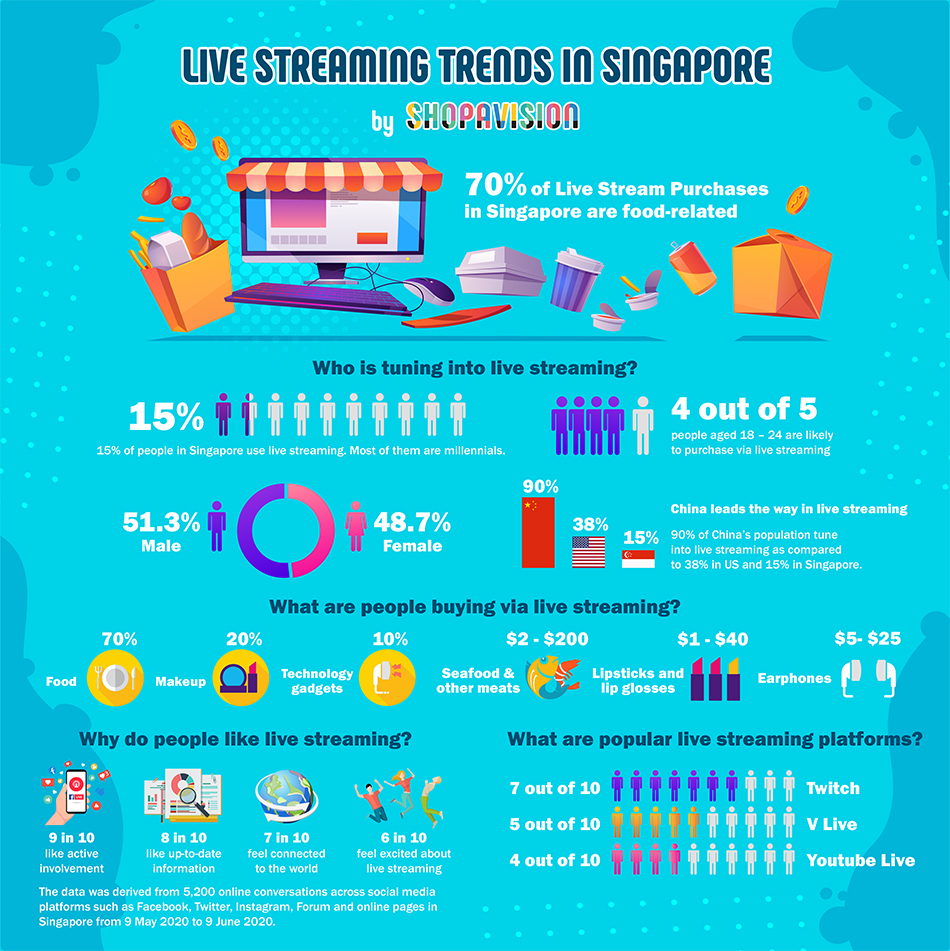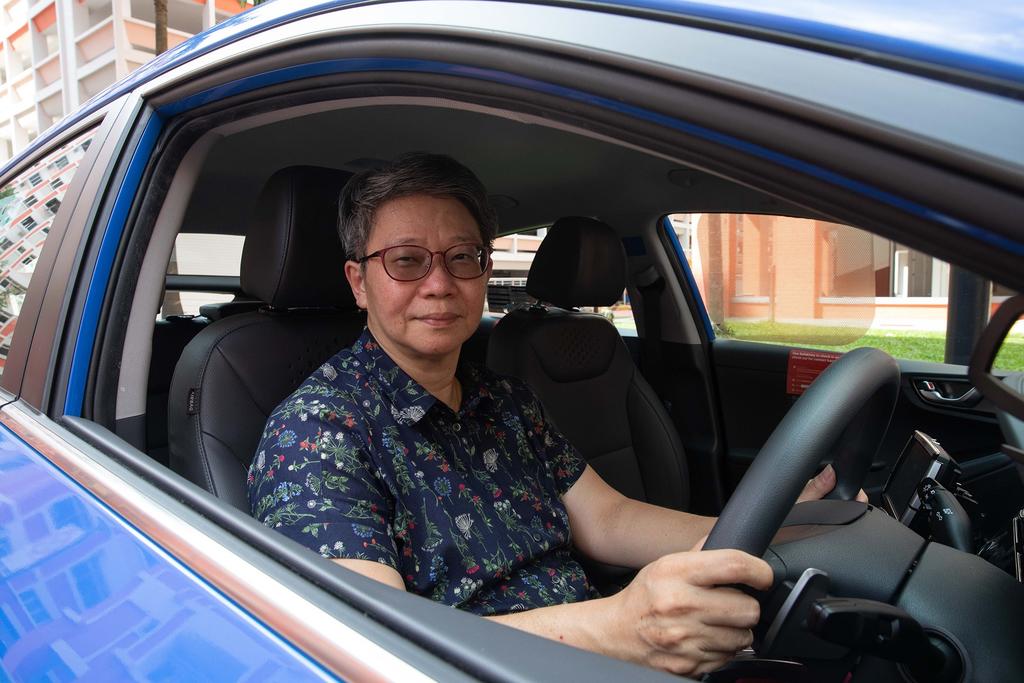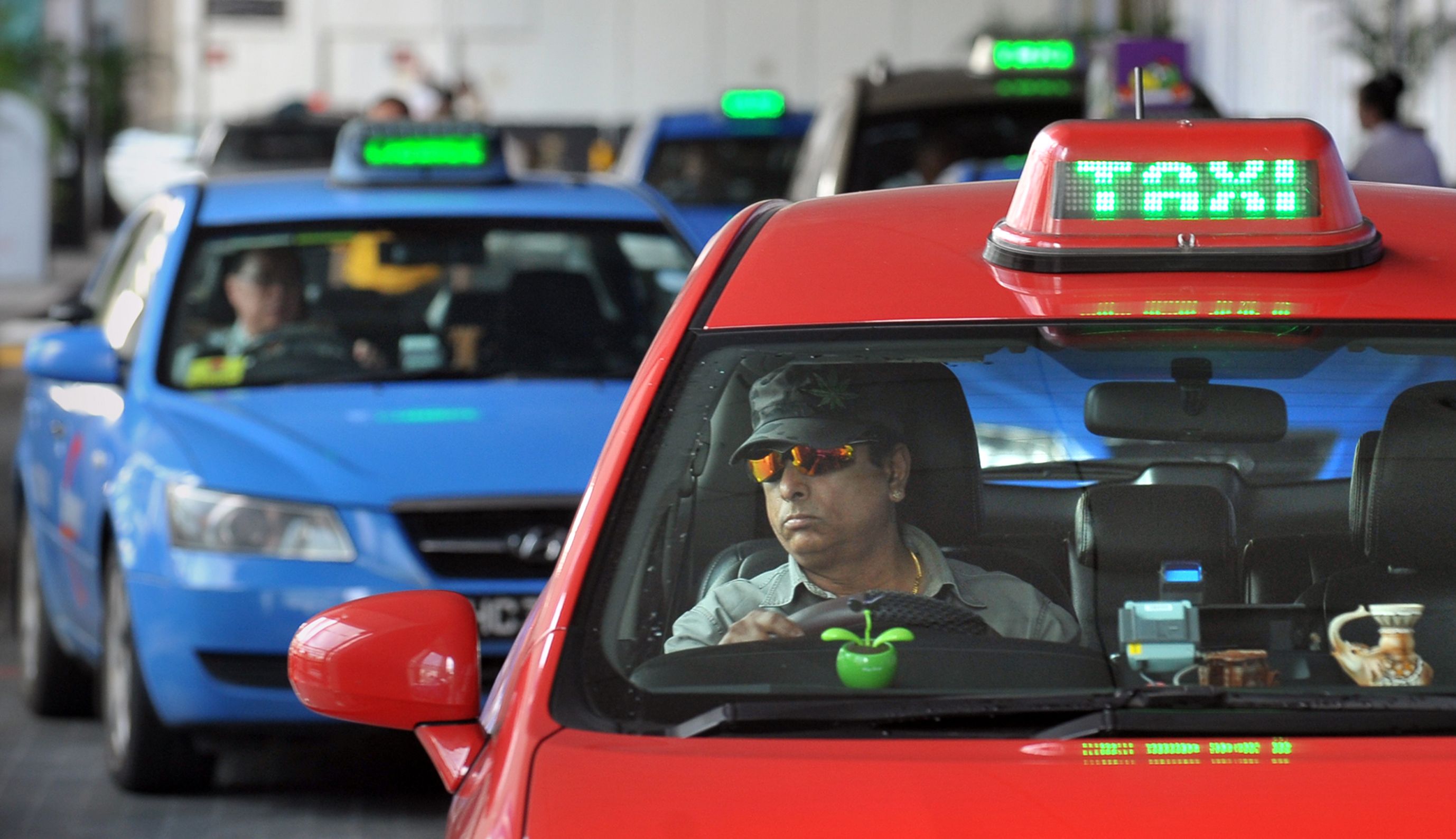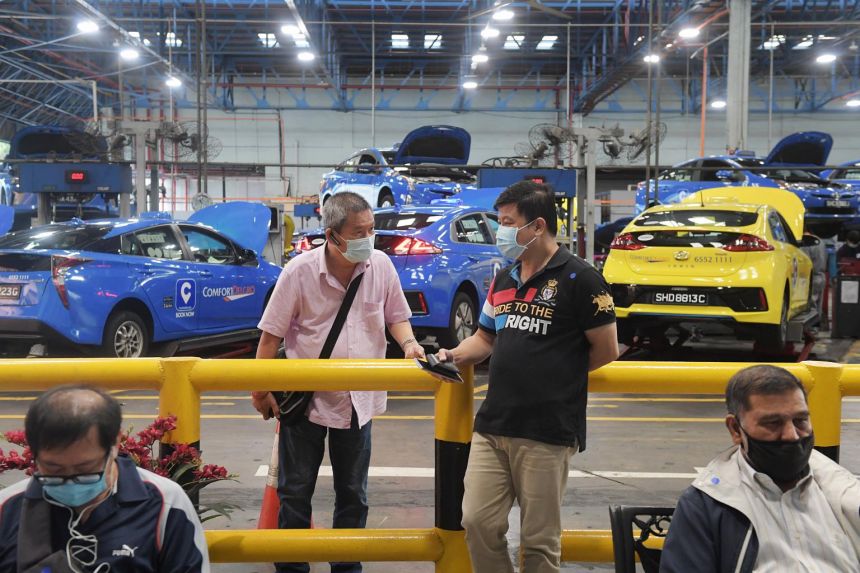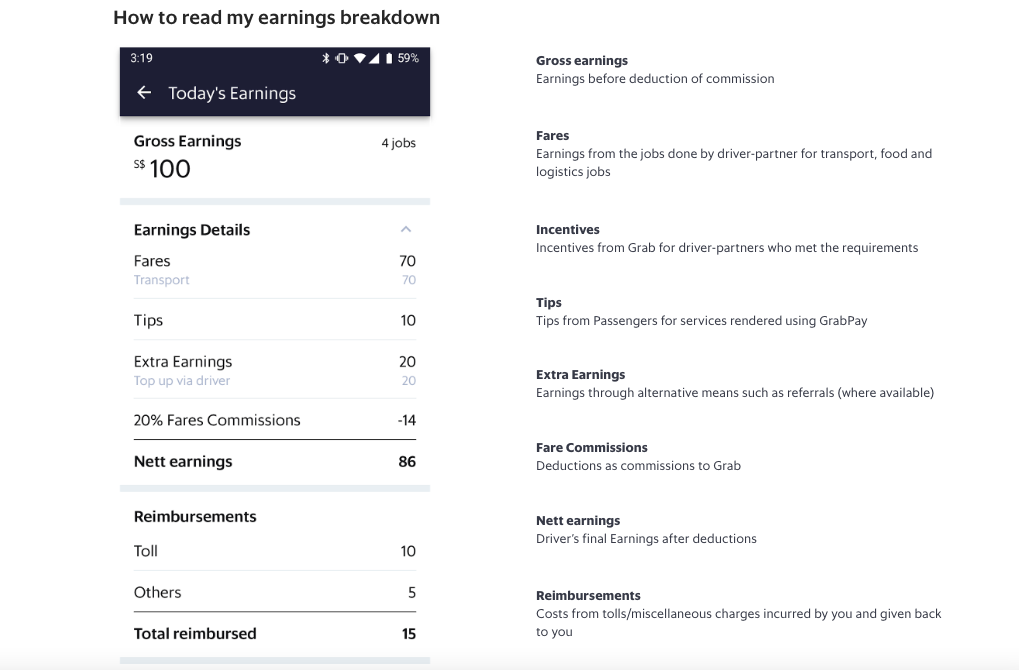When you find the person that truly makes you happy and fulfilled, you will take the extra effort to build a long-lasting relationship. Strengthen the foundation that you built by having date nights or weekend getaways. Make your partner feel loved and appreciated by speaking their love language.
Dr. Gary Chapman is the renowned author of the “5 Love Languages”. It highlights that there are 5 ways that we can communicate love namely through: words of affirmation, receiving gifts, quality time, acts of service, or physical touch. Here are customized and inexpensive romantic ideas suited to your love languages:
RECEIVING GIFTS
For people who are fond of receiving gifts, dedicating the day to arts or shopping can be enjoyable. Schedule a painting night where you paint each other’s canvases. Exchange these trinkets of affection as the day ends. It is not only a fun activity, but also a memorable evening shared with your partner.
Another great idea is a shopping date. Add some spice by shopping for each other. Plan a shopping trip to your partner’s favorite malls. Create some guidelines such as your budget limits and your shopping categories. From an interesting book to a unique article of clothing, choose meaningful gifts for your partner. It is synonymous to playing a game with the added benefit of making your partner feel absolutely adored.
ACTS OF SERVICE
People who speak acts of service primarily feel appreciated when their partner does important things for them such as easing the list of responsibilities they have for the day. Cooking a delicious dinner at home is perfect. It eliminates a task on their to-do list and saves them from spending money. Moreover, you are showing your partner how much you care about him or her.
Another inexpensive date idea is having an art day at home. Gather all your art materials and complete a DIY project together. Make sure you pick a project that will add value to your lives.
QUALITY TIME
It is self-explanatory – people who have quality time as their love language want a fruitful date with their loved ones. You can either have a quiet dinner out or a refreshing hike. Spend uninterrupted time with your partner and chat about your day. Make sure to make a “no phones” policy to soak in each other’s company.
Alternatively, you may hike together. A nice view at the end of your walk will be an extra bonus. The most important thing is that you gave each other an opportunity to spend more time together. Take photos!
PHYSICAL TOUCH
For some people, they indulge in kisses and hugs. It does not have to be a total PDA. Simply make your partner feel safe by sharing a quick peck on the cheek or holding each other’s hands. You cannot go wrong with a couples massage. Either hire a professional or give each other massages.
You may also go ice skating or rollerblading. Hold your partner to avoid stumbling across the ice. Your muscles might be sore afterward, but your partner will be glad.
WORDS OF AFFIRMATION
What are words when you do not mean them when you say them? Express these loving words and show them through making a scavenger hunt or exchanging love letters. Start by creating a scavenger hunt with clues that are meaningful to your relationship (e.g., where your first date was). Add compliments in the process.

Image credits: unsplash.com
Next, you may exchange love letters. Sit down and write to each other. Watch your partner’s heart melt with your sweet words. Tell your partner why she or he is the reason your life has changed.


